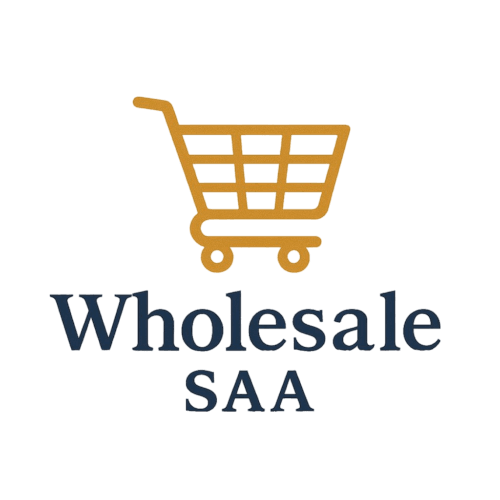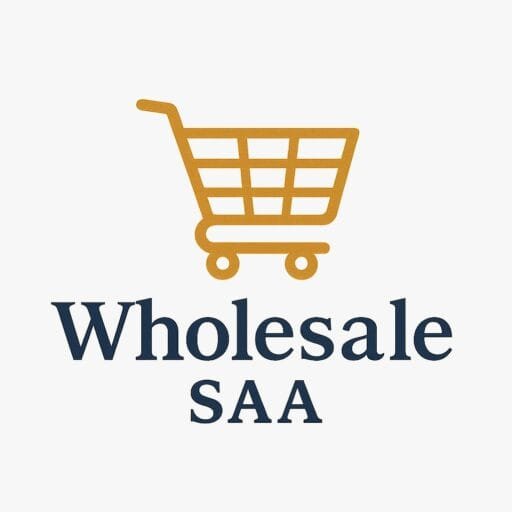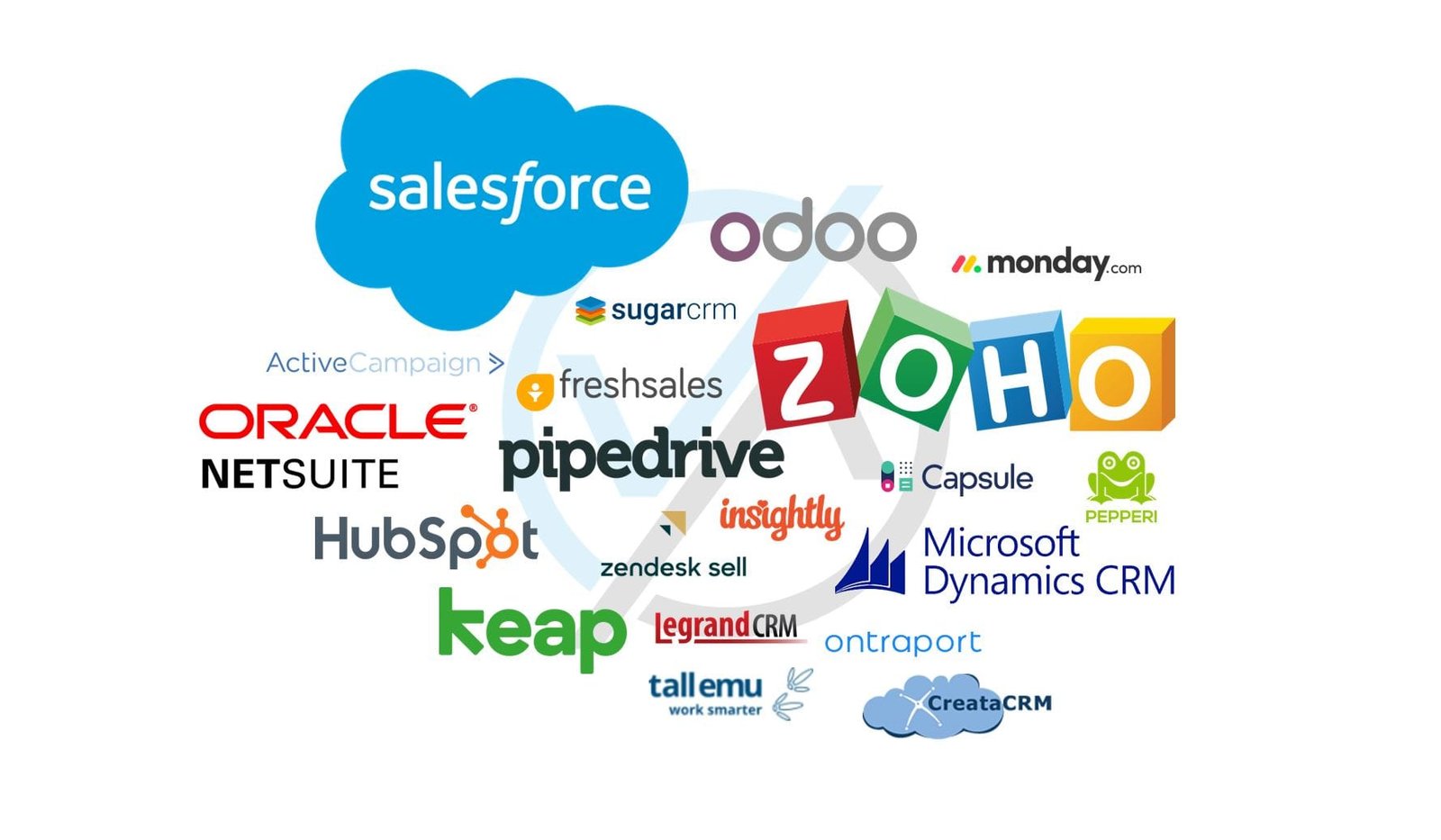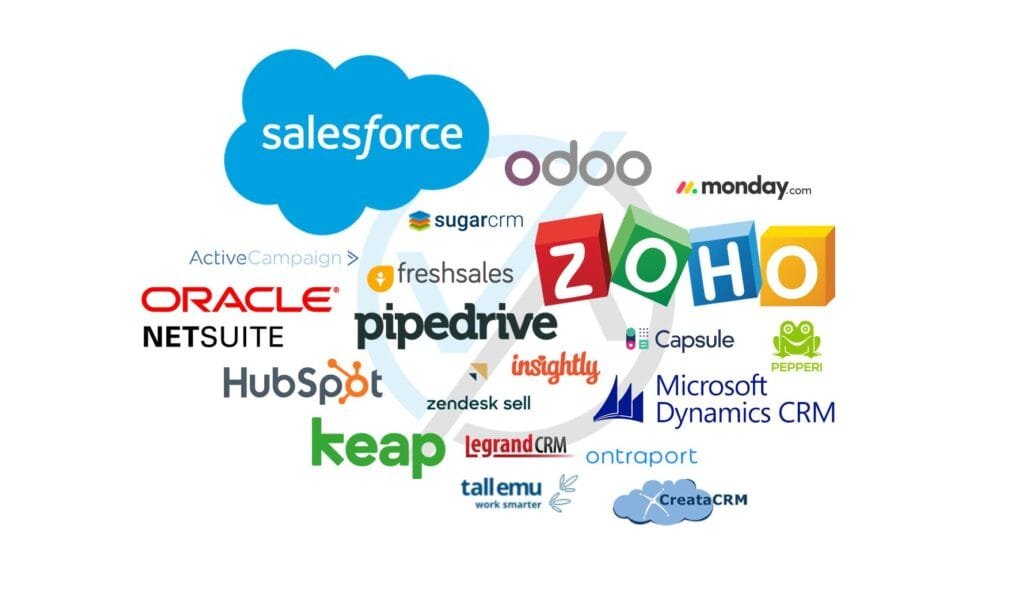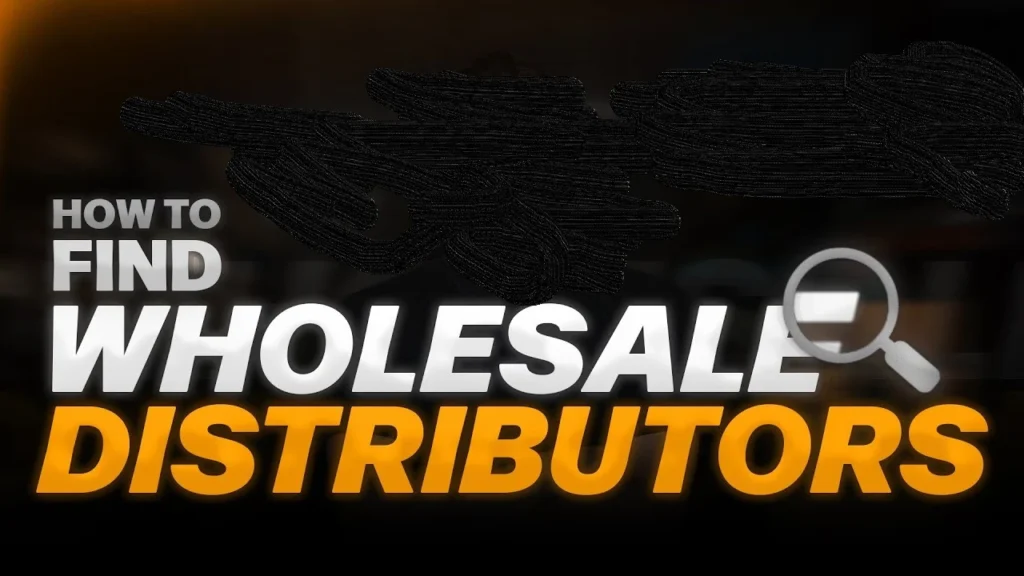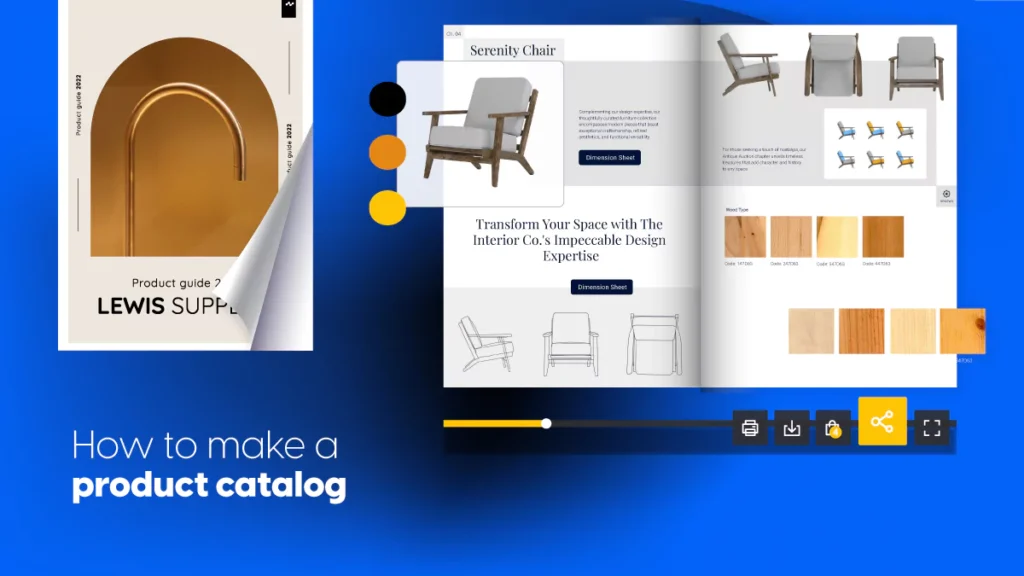In the ever-evolving landscape of wholesale trade, businesses are under constant pressure to streamline operations, manage complex customer relationships, and increase revenue all while staying ahead of fierce competition. Customer Relationship Management (CRM) systems have become indispensable tools for achieving these goals. But with hundreds of CRM platforms available, how do wholesale trade businesses often operating with unique B2B requirements know which ones are best suited to their needs?
This article explores the best CRM tools for wholesale trade businesses, why they matter, and how they can dramatically improve operations, efficiency, and profitability. We’ll examine the key features, real-world use cases, and impacts these systems have on wholesalers across the U.S. and globally.
Why CRM Matters in Wholesale Trade
CRM tools aren’t just for tech startups or retail sales teams. In wholesale, they’re critical for managing large order volumes, repeat transactions, multi-level buyer relationships, custom pricing structures, and post-sale services.
Here’s what CRM can do for wholesale businesses:
- Track complex B2B sales pipelines
- Manage customer segments by pricing tiers or purchase volume
- Automate reordering and follow-ups
- Integrate inventory and order history into customer profiles
- Enhance long-term relationships with distributors, vendors, and bulk buyers
The benefits go far beyond contact management, they impact every part of the sales and fulfillment lifecycle.
Key Impacts of CRM Tools on Wholesale Trade
- Better Customer Segmentation and Pricing Management
Wholesalers often work with a range of clients, resellers, small retailers, large chains, all with different pricing agreements. A good CRM lets you tag and segment customers, track order history, and automate discounts based on volume or partnership level.
Example: Salesforce allows you to create custom workflows to assign different pricing structures to retail clients, export distributors, or domestic wholesalers.
- Faster Sales Cycle and Lead Nurturing
B2B sales cycles are long and involve multiple touchpoints. CRM tools automate outreach, schedule follow-ups, and provide visibility into where a prospect stands in the sales funnel.
HubSpot CRM allows for visual sales pipelines and automated email workflows, reducing sales cycle time by up to 30% for some wholesale businesses.
- Integrated Inventory and Order Management
Many CRM tools can integrate with inventory systems or ERP platforms. This ensures that sales reps have real-time data when speaking to clients, preventing overselling and missed opportunities.
Zoho CRM integrates with Zoho Inventory, allowing businesses to track stock levels and trigger alerts when inventory is low, ideal for high-volume wholesale transactions.
- Improved Customer Retention
Wholesalers thrive on long-term relationships. CRM systems ensure regular touchpoints, customer satisfaction tracking, and proactive issue resolution, which improves retention and upsell potential.
With Pipedrive, businesses set reminders for reorders, contract renewals, and follow-ups, keeping customers engaged and loyal.
- Detailed Analytics and Forecasting
CRMs provide robust reporting features, helping businesses analyze sales trends, forecast revenue, and identify top-performing reps or products.
Freshsales offers built-in AI forecasting and pipeline insights, helping sales managers make data-driven decisions.
Best CRM Tools for Wholesale Trade Businesses
Now, let’s dive into the best CRM tools wholesale businesses should consider, based on their specific needs:
- Salesforce Sales Cloud
Best for: Large wholesale businesses with complex sales cycles and multiple integration needs.
Key Features:
- Customizable dashboards and workflows
- AI-powered lead scoring
- Strong integration with ERP, logistics, and e-commerce platforms
- Multi-tiered pricing support for B2B
Real-World Example:
ABC Packaging Supply, a wholesale distributor of eco-friendly packaging, used Salesforce to segment their clients into industrial, food service, and retail buyers. They automated custom quotes and increased close rates by 40% in under a year.
Pricing:
Starts at $25/user/month (Essentials); advanced features require higher-tier plans.
- HubSpot CRM
Best for: Small to mid-sized wholesale businesses needing easy-to-use, scalable tools.
Key Features:
- Free CRM with premium upgrades
- Visual deal pipelines
- Email tracking and automation
- Seamless integration with HubSpot Marketing & Service Hubs
Real-World Example:
GreenPro Tools, a supplier of commercial gardening equipment, uses HubSpot to track bulk orders and seasonal spikes in demand. Automated email reminders help reduce lead times and missed sales opportunities.
Pricing:
Free version available; paid tiers start at $20/month (Starter CRM Suite).
- Zoho CRM
Best for: Budget-conscious wholesalers who want customization.
Key Features:
- Workflow automation
- Inventory and order management (via Zoho Inventory)
- Role-based access for sales teams
- Email marketing and invoicing tools included
Real-World Example:
SunGro Distributors, a B2B supplier of organic produce, switched from spreadsheets to Zoho CRM and reported a 60% drop in sales admin tasks. It also allowed them to track client order patterns and predict restock dates.
Pricing:
Starts at $14/user/month; free edition for up to 3 users.
- Pipedrive
Best for: Wholesale businesses looking for visual sales pipelines and simplicity.
Key Features:
- Drag-and-drop pipeline
- Activity and deal tracking
- Sales automation and follow-up scheduling
- Reporting and goal tracking
Real-World Example:
Velocity Parts, an automotive parts wholesaler, implemented Pipedrive to organize incoming dealer leads. Their close rate rose by 25% and response time dropped by 50% within 6 months.
Pricing:
Starts at $14.90/user/month; advanced features require Pro or Enterprise tiers.
- Netsuite CRM by Oracle
Best for: Enterprise-level wholesalers needing full ERP integration.
Key Features:
- Unified CRM, ERP, and e-commerce system
- Real-time inventory and supply chain tracking
- Multi-currency and multi-location support
- Advanced customer lifecycle tracking
Real-World Example:
Global Gear Corp, a U.S.-based industrial wholesale distributor, uses Netsuite to manage customers across North America and Europe. With integrated inventory and order tracking, they reduced stockouts and improved client satisfaction globally.
Pricing:
Custom pricing based on business size and needs.
- Keap (formerly Infusionsoft)
Best for: Small wholesale teams focused on automation and email marketing.
Key Features:
- Email and SMS follow-ups
- Quote and invoice creation
- Appointment booking
- E-commerce and payment integration
Real-World Example:
Glow & Co., a beauty product wholesaler, uses Keap to nurture leads from expos and B2B events. The system sends out timed follow-up emails, resulting in a 3x higher response rate.
Pricing:
Starts at $129/month for 1 user.
- Insightly CRM
Best for: Wholesalers that also manage large-scale projects or installations.
Key Features:
- Project management tools
- Pipeline visualization
- Workflow automation
- Integration with Google Workspace and Microsoft 365
Real-World Example:
Bright Fixtures, a commercial lighting wholesaler, uses Insightly to manage sales and installation projects from lead to completion.
Pricing:
Starts at $29/user/month.
- Freshsales (by Freshworks)
Best for: Businesses needing AI-powered insights and phone/email integration.
Key Features:
- AI-based deal predictions
- Built-in phone and email tools
- Smart contact scoring
- Multi-currency and multi-language support
Real-World Example:
Coastline Supply, a regional wholesaler of coastal furniture, uses Freshsales to score leads and segment customers by past purchase behavior.
Pricing:
Free tier available; paid plans start at $15/user/month.
Comparing CRM Options
| CRM Tool | Best for | Free Plan | Starting Price | Notable Features |
| Salesforce | Enterprise B2B sales | No | $25/user/month | AI-powered insights |
| HubSpot | Startups and SMBs | Yes | $20/month (suite) | User- friendly pipeline UI |
| Zoho CRM | Budget conscious users | Yes | $14/user/month | Full suite integration with Zoho apps |
| Pipedrive | Visual pipeline and simplicity | No | $14.90/user/month | Sales-focus design |
| Netsuite CRM | Large-scale enterprise wholesalers | No | Custom Pricing | Built-in ERP and e-commerce features |
| Keap | Small teams needing automation | No | $129/month | Email/SMS automation |
| Insightly | Project based wholesalers | No | $29/user/month | CRM + project management |
| Freshsales | AI-powered insights and phone integration | Yes | $15/user/month | Smart contact scoring |
What to Consider Before Choosing a CRM
Business Size: Don’t overinvest in features you won’t use; match the CRM’s scalability to your growth trajectory.
Ease of Use: Your sales team should adopt the platform easily—complex tools often go unused.
Integration Needs: Does it need to sync with QuickBooks, Shopify, or shipping platforms?
Customization: Wholesale trade often requires custom fields, workflows, or modules.
Support and Training: Consider providers that offer solid customer support and onboarding.
Conclusion: The Future of Wholesale Belongs to Digitally Equipped Teams
Wholesale trade is no longer just about bulk pricing and repeat orders. In today’s digital-first economy, it’s about relationships, data, personalization, and agility. CRM tools are the cornerstone of that transformation.
Whether you’re a small regional supplier or a national distributor, the right CRM tool can revolutionize how you attract, convert, and retain customers. From simple lead tracking to enterprise-grade ERP integrations, there’s a solution for every wholesale business model.
Adopting the right CRM is no longer a luxury, it’s a competitive necessity. And the best part? With tools like HubSpot, Zoho, and Freshsales offering affordable plans, wholesale businesses of every size can now leverage the power of CRM to drive lasting growth.
